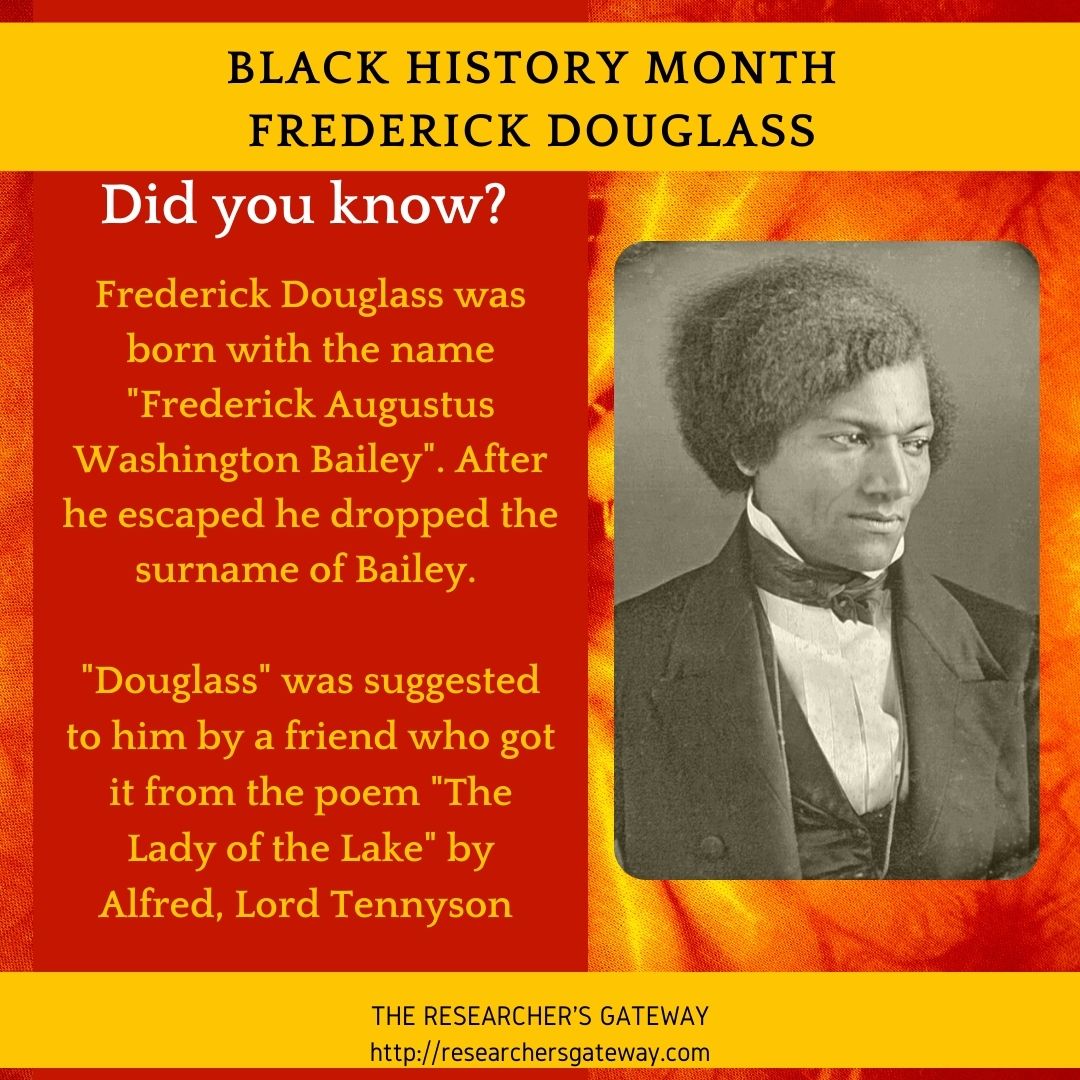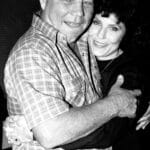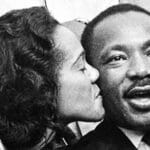Charles Remond Douglass, son of the renowned abolitionist Frederick Douglass, carved his own path as a Civil War soldier, pioneering government clerk, and dedicated public servant. While often overshadowed by his father’s colossal presence, Charles’s life stands as a testament to his own commitment to service and the pursuit of justice. This article delves deeper into the remarkable life and contributions of this often-overlooked figure, exploring how he navigated the complicated legacy of his famous father while forging his own identity.
Early Life and Family: Growing Up Douglass
Born in Lynn, Massachusetts, on October 21, 1844, Charles Remond Douglass entered a world ablaze with the fight for abolition. Named after the prominent abolitionist Charles Lenox Remond, he was raised in Rochester, New York, amidst the fervent activity of his father’s work. Delivering copies of The North Star, Frederick Douglass’s influential anti-slavery newspaper, likely provided young Charles with a unique education, immersing him in the very principles his father championed. This early exposure probably instilled in him a profound understanding of social justice and a commitment to equality. One can only speculate about the dinner table conversations that shaped his worldview, growing up in the shadow of such an iconic figure. Did he feel pressure to live up to the Douglass name, or did it empower him? These questions offer a glimpse into the complexities of his early life.
Answering the Call to Arms: A Soldier’s Courage
When the Civil War erupted, Charles, barely a man, bravely answered the call to duty. He was among the first African Americans to enlist in New York, a courageous act considering the pervasive racism of the time. Sources suggest he served in either the 54th Massachusetts Infantry or the 5th Massachusetts Cavalry—further research is needed to definitively confirm his regiment. This ambiguity highlights the challenges historians face when piecing together the lives of individuals, particularly during times of conflict. Regardless of the specific unit, his service, cut short in 1864 due to a lung ailment, underscores his dedication to the cause of freedom. What motivated him to enlist, knowing the dangers he would face as a Black soldier fighting for a nation that still denied him basic rights? This question speaks to his character and the complexities of his motivations. His military service, though brief, stands as a testament to his courage and commitment.
Life After the Battlefield: A Multifaceted Career
Following the war, Charles embarked on a diverse and fascinating career path. He explored journalism, perhaps influenced by his father’s powerful use of the written word. He also ventured into the world of real estate, likely seeking financial stability and opportunity. Most notably, he secured a position as a government clerk during Reconstruction, a remarkable achievement for an African American at the time. This suggests a drive to contribute to the rebuilding of a nation still grappling with the legacy of slavery. He later found a stable career within the District of Columbia school system, serving as secretary and treasurer. This dedication to education suggests a belief in its power to uplift communities and foster equality. Each facet of his career reveals a man striving to make a difference in a world in desperate need of change.
Family Life and Legacy: A Private Man in Public Service
Charles Douglass married twice, experiencing both the joys and sorrows of family life. His first marriage, to Mary Elizabeth Murphy in 1866, resulted in six children, tragically with only Joseph Henry surviving to adulthood. Joseph Henry became a talented violinist, adding another dimension to the Douglass family legacy. Charles’s second marriage, to Laura Haley in 1880, produced one son, Haley George Douglass. Haley later became a teacher at the prestigious Dunbar High School and, remarkably, the mayor of Highland Beach, Maryland. This continuation of public service suggests the enduring influence of family values and a commitment to community. His children’s achievements add a poignant layer to the story, demonstrating the ripple effect of one family’s dedication to social progress.
Charles Remond Douglass: A Legacy in His Own Right
Charles Remond Douglass’s story is a powerful reminder that even in the shadows of giants, individual lights can shine brightly. He was a soldier, a civil servant, an educator, a husband, and a father. He was a man who carved his own unique path, driven by a commitment to service and a belief in the transformative power of education. Discover the inspiring story of Charles T Sifford, a pioneering figure in golf, alongside the fascinating life of Cecilia Bowes-Lyon, Countess of Strathmore and Kinghorne, whose aristocratic lineage intertwined with British royalty. While his contributions may have been overshadowed by his father’s fame, Charles Remond Douglass’s life deserves to be remembered and celebrated. His legacy stands as a testament to the enduring power of individual perseverance in the pursuit of a more just and equitable world. Ongoing research continues to shed light on his experiences, promising a richer and more complete understanding of his life and contributions.
Who was Frederick Douglass’s Father?: Unraveling a Mystery
The question of Frederick Douglass’s paternity is shrouded in the painful realities of slavery. While historical evidence suggests his father was likely Aaron Anthony, a white man and his enslaver, definitive proof remains elusive. This tragic circumstance, sadly common during that era, underscores the dehumanizing nature of slavery, where families were routinely torn apart and records obscured. The psychological impact of this unknown parentage on Douglass can only be imagined, and some historians believe it fueled his unwavering dedication to abolition. It’s a complex question that continues to be explored as researchers delve into the fragmented records of the past.
Frederick Douglass: A Towering Figure in Black History
Frederick Douglass’s impact on Black history is monumental. He rose from the depths of slavery to become a leading intellectual, orator, and statesman, inspiring generations with his powerful advocacy for freedom and equality. His life and work continue to resonate today, reminding us of the ongoing struggle for human rights and the enduring power of the human spirit. While this article focuses on his son, Charles, it’s crucial to acknowledge Frederick Douglass’s profound influence on the fight for justice and his lasting legacy in American history.
- Red Cloud, NE: Discover Willa Cather’s Legacy - April 11, 2025
- Remember Old Social Media Sites? Their Rise and Fall - April 11, 2025
- How many days till Feb 3?Accurate Countdowns & Tools - April 11, 2025
















